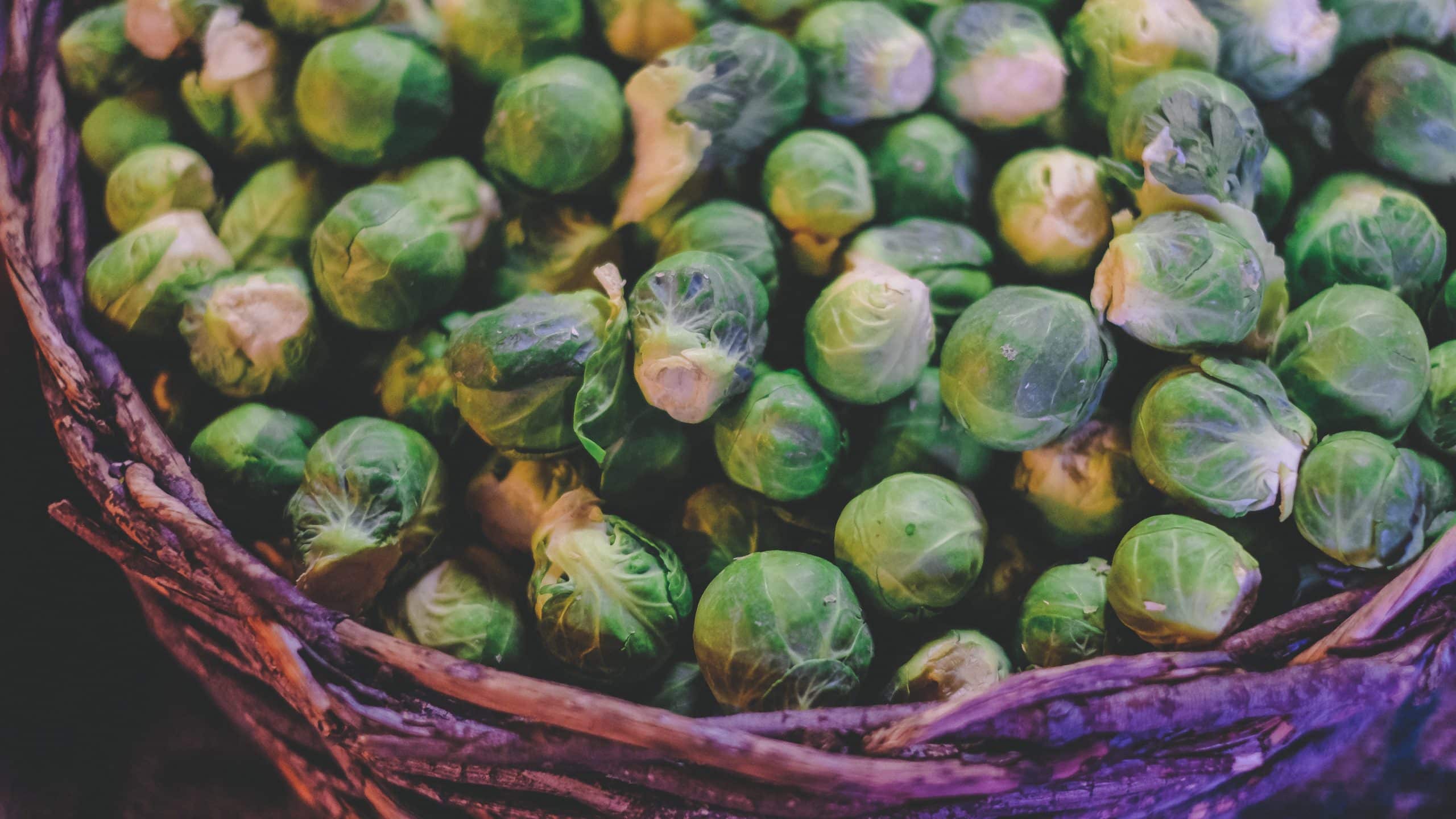
 Saving money at the grocery is on the top of everyone’s list, especially since prices have risen so rapidly. One way to do that is to eat in-season fruits and vegetables. That’s pretty easy in the summer and even late spring and early fall, but what are the healthiest winter veggies? Yes, there are vegetables that survive the cold and may even remain hardy when covered with snow. They normally contain more sugar, which allows them to do that. In fact, when harvested during cold weather, they taste even sweeter. What are they and how can you use them?
Saving money at the grocery is on the top of everyone’s list, especially since prices have risen so rapidly. One way to do that is to eat in-season fruits and vegetables. That’s pretty easy in the summer and even late spring and early fall, but what are the healthiest winter veggies? Yes, there are vegetables that survive the cold and may even remain hardy when covered with snow. They normally contain more sugar, which allows them to do that. In fact, when harvested during cold weather, they taste even sweeter. What are they and how can you use them?
Look under the ground for these sweet treats.
Carrots are extremely healthy and can be harvested both in the summer and winter. In fact, they’re sweetest when collected in the fall and winter. The starches stored in carrots turn to simple sugars that help protect the cells from freezing. Carrots have tons of nutrients, which include beta-carotene that’s converted to vitamin A. Eating them can help provide protection for the eyes and be an immune booster.
No longer just a decorative veggie, kale is now a superfood.
At one time, most people only thought of kale as garnish on a salad bar, but it’s become quite an addition to the dinner plate and healthy diet. It’s part of the cruciferous family that includes other members that survive the cold, like Brussels sprouts and cabbage. All of these make delicious salads. If you haven’t tried a cabbage, Brussels sprouts and kale salad, do so. You’ll be in for a treat that is rich in vitamins such as A, C, K and multiple B vitamins. It’s high in antioxidants and minerals as well.
Red cabbage can add color to your plate and delicious flavor.
You’ll get a wide variety of nutrients from this delicious winter vegetable. It has vitamin A, C and K in high amounts. It also has significant amounts of manganese, potassium and B vitamins. The anthocyanin that gives it the purplish red color is a powerful antioxidant that helps protect the body from heart attacks and cancer. Chop it up and simmer it in a crockpot with broth, organic butter from grass-fed cows, garlic black pepper and salt or other seasonings for a quick and healthy side dish.
- As noted previously, Brussels sprouts is a healthy winter vegetable that’s high in a number of nutrients. It also contains vitamin K and is high in alpha-lipoic acid and fiber which help keep blood sugar levels stable.
- Few people eat rutabagas on a regular basis, yet all parts of the plant can be consumed. One cup of cooked rutabaga provides over 50% of your required vitamin C and 16% of potassium. It may help lower your blood pressure and reduce heart disease.
- Parsnips look a bit like carrots but has a spicier flavor. It contains high amounts of fiber, vitamins Band E, potassium, manganese, magnesium and a third of the daily requirement of vitamin C. The high amount of soluble fiber makes it excellent as a digestive aid.
- Collard greens are also excellent sources of vitamin K that can help improve bone health. They’re also high in calcium. Not only can they survive cold weather, they actually taste better after they’re exposed to frost.
For more information, contact us today at Body Sculptors Personal Training
